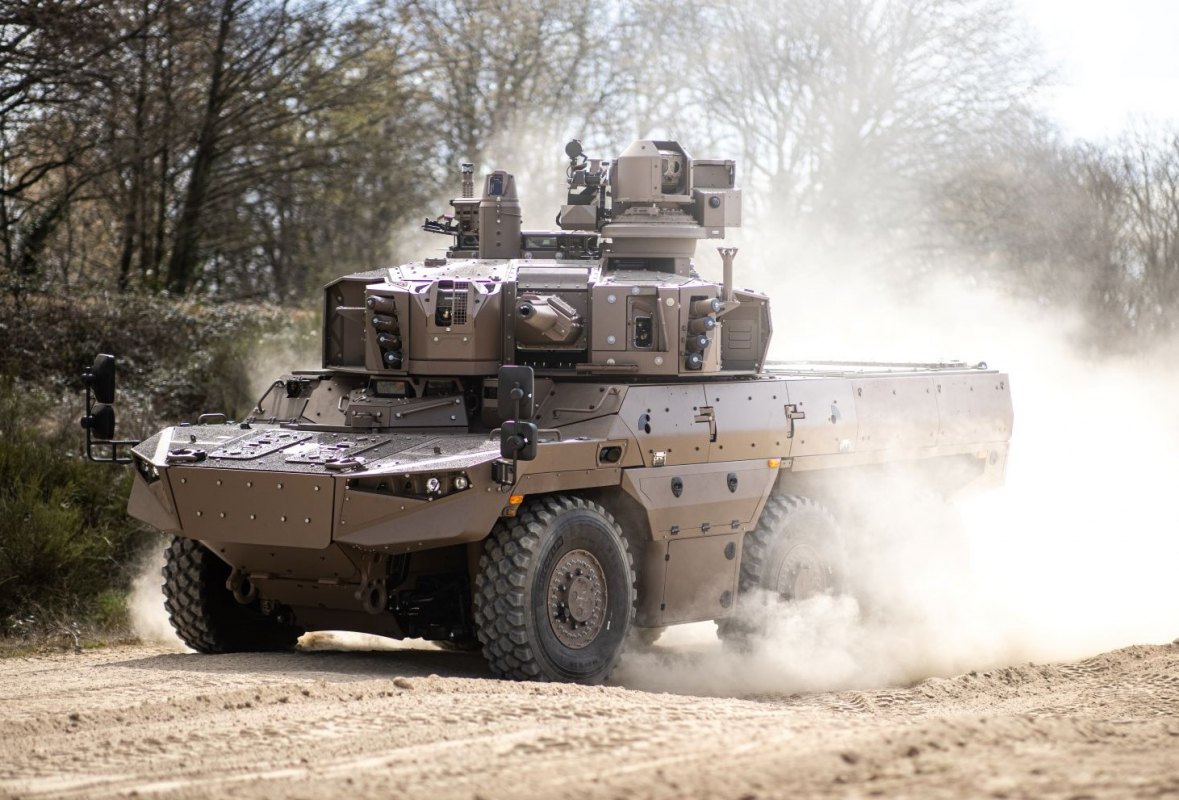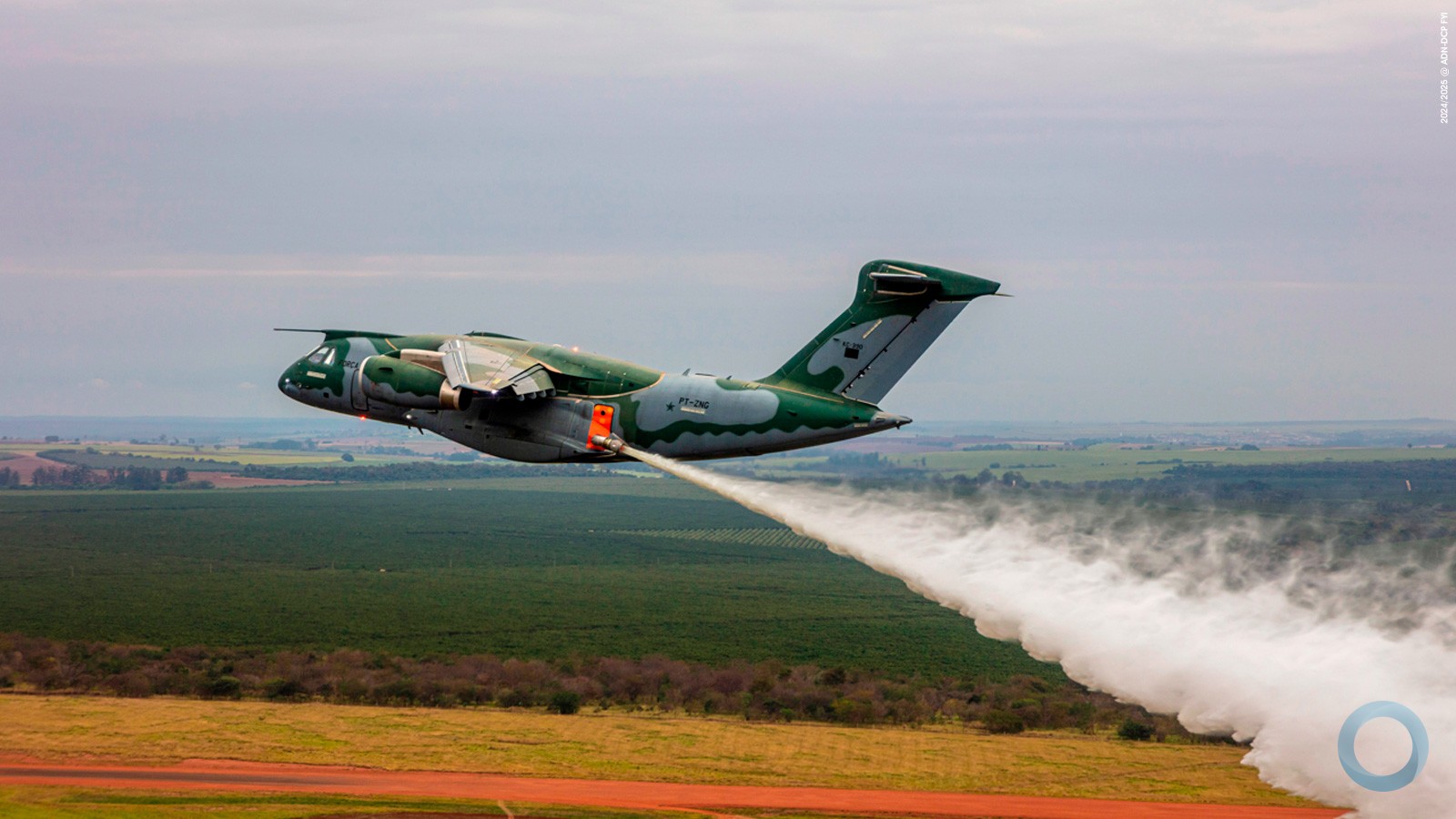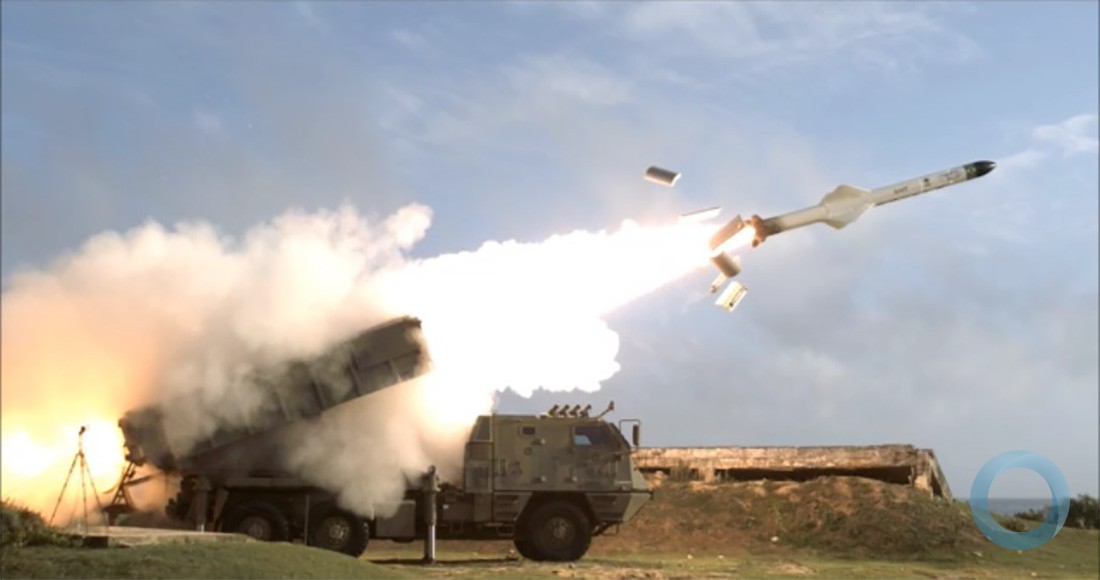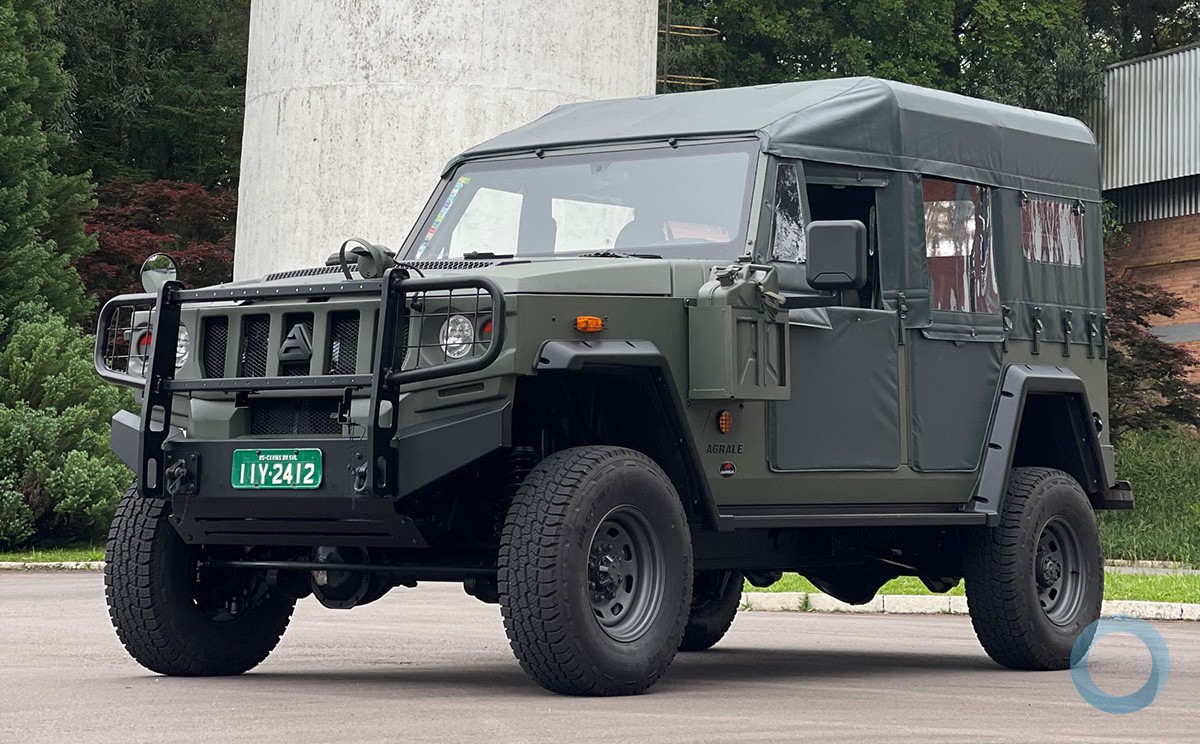Carlos Maggi
Women increasingly gain more ground in the military sphere. After completing different specialty courses in Uruguay’s infantry, Uruguayan female service members pioneered a new path in the century old unit. The Uruguayan National Army’s Armored Infantry Battalion No. 13 underwent a transformation. In 2013, it moved its headquarters from Montevideo to a new site in Durazno, in the center of the country, and formed an armored brigade including Armored Cavalry Regiment No. 2 and Mechanized Infantry Battalion No. 15 — all while adopting a more inclusive doctrinal stance.
An uncommon situation arose at the time of the move. The unit found itself with a large number of unfilled positions and a very limited number of personnel to handle the different tasks the high command assigned. In these circumstances, women, who were not exempt from the rule, had to adapt, especially to schedules and missions assigned, which led to insight on the principle of reciprocity.
“Although each individual is unique, generally speaking women place more importance on cleanliness, are more meticulous and tidy, and have better attention to detail. This applies not only in the administrative sphere, but in all areas, including inside a tank,” said to Diálogo Uruguayan National Army Lieutenant Colonel Jorge Porciúncula, commander of Armored Infantry Battalion No. 13. “Also, the mere presence of women pushes men to give a little more of themselves, and vice versa.” Lt. Col. Porciúncula said the Army will continue to deepen the principle of reciprocity, as, according to him, good leadership means bringing out the best in people to achieve results for the group. B
ased on this philosophy, women received training historically only afforded to men on the premise that efforts were more important than the outcome. “The hope is that service members will push themselves slightly farther to work on mental strength, which prepares them to keep going in the face of adversity.
On the other hand, strength is not always physical ability or force, but also ingenuity, initiative, and creativity, because the military profession draws heavily on science but also on art,” Lt. Col. Porciúncula said.
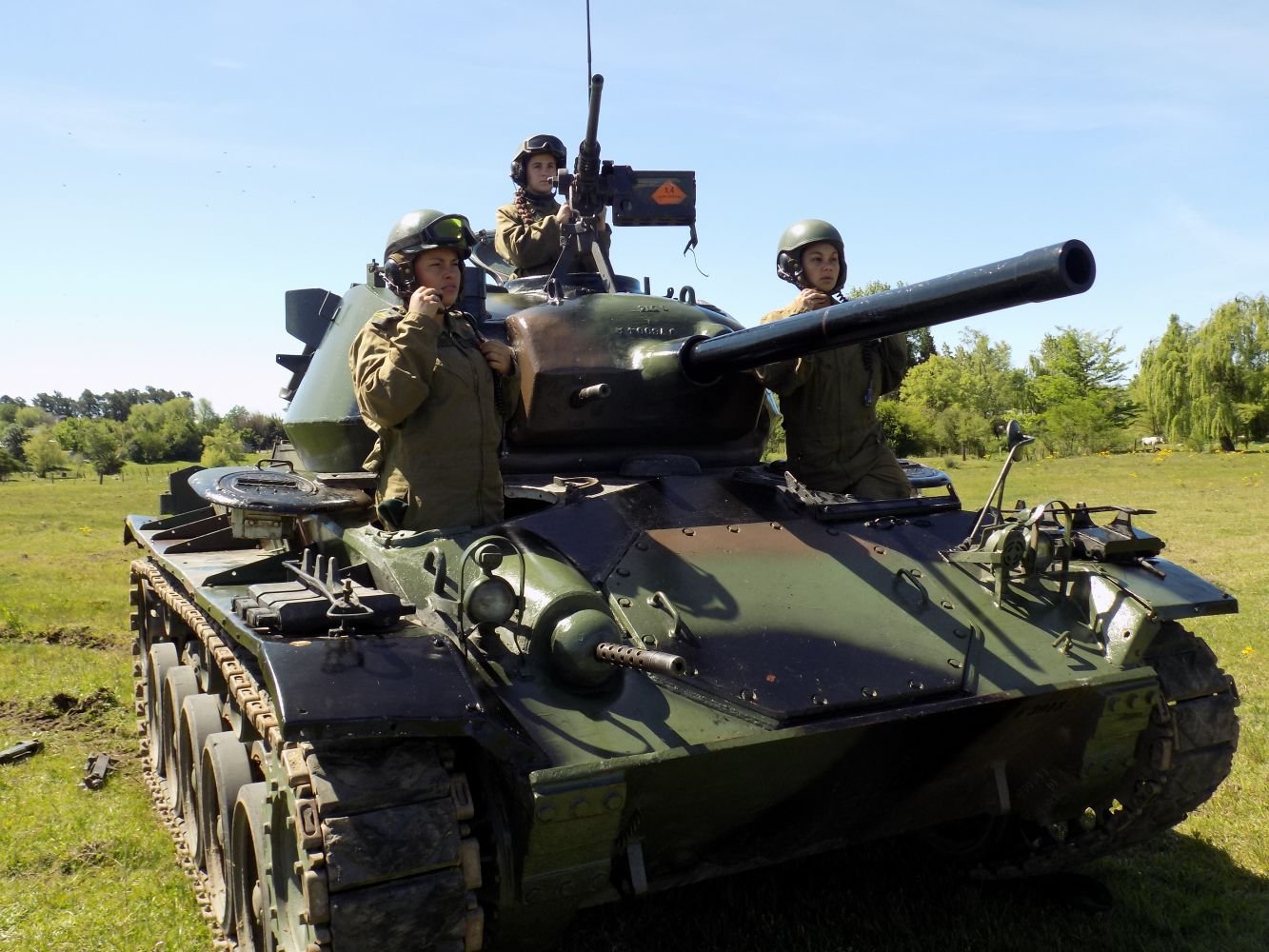

Making history
Uruguayan National Army Second Lieutenant María Eugenia García, who graduated as an officer from the Military Academy a year ago, serves as platoon leader. She counts 15 soldiers and four M-24 tanks under her command. Her duty consists of facilitating her crew’s professional training.
According to 2nd Lt. García, her vocation to the military came at a young age, because family members were in the Army. “I grew up in a military environment, and it suits me because of what the institution and especially the infantry stand for,” explained 2nd Lt. García. “I always wanted to work with tanks, and here the opportunity arose for me to do just that,” she added.
The process of adapting to a predominantly male environment was a little difficult at first, the officer explained. “But then everyone starts earning their place, and when someone in the Army passes a course, it means they truly deserve it, regardless of their gender.” The goal for 2nd Lt. García is to continue and advance in her career and take her professional armor training a step further to Fort Benning, Georgia, in the United States.
Uruguayan National Army Corporal Silvia Machado completed the training required for a tank commander, whose responsibility it is to guide the crew. She also has family in the military, which influenced her decision to join the Army in order to be part of the tanks company. “I won the respect of the company like any other member, and now I’m going to apply to the noncommissioned officers academy and do the sergeants course,” she said. “Once I pass, I want to come back to my unit and resume the mission I was assigned,” Cpl. Machado added. Uruguayan National Army Private Melisa Mor joined Armored Infantry Battalion No. 13 as a nurse. After requesting her superior officer’s permission to attend the M-24 tank ammunition loader course, she passed.
She is now a tank gun loader. Her responsibility, in exercises or combat, is to ensure optimal conditions of the ammunition, and then load it into the cannon, in addition to assist the crew. “It’s important for those of us on the crew to be alert and work together. We achieve this through training,” said Pvt. Mor. “I personally have a sense of great pride because as a nurse, I never imagined I could achieve the goal of being inside a tank.
When I participated in exercises, I always wanted to know how it felt, and with the support of my superiors and peers, I managed to become the unit’s first female loader,” she added. Uruguayan female service members have achieved their goal: to perform a task on par with men in their own right. They represent a chapter in the history of their battalion and of the Uruguayan Army.






